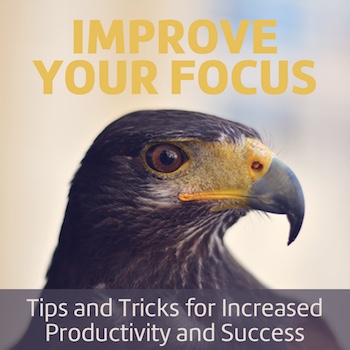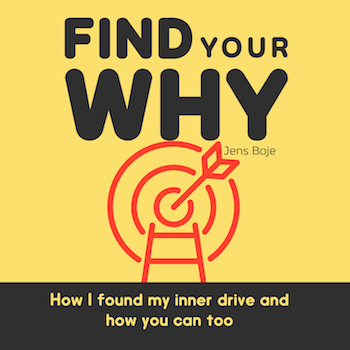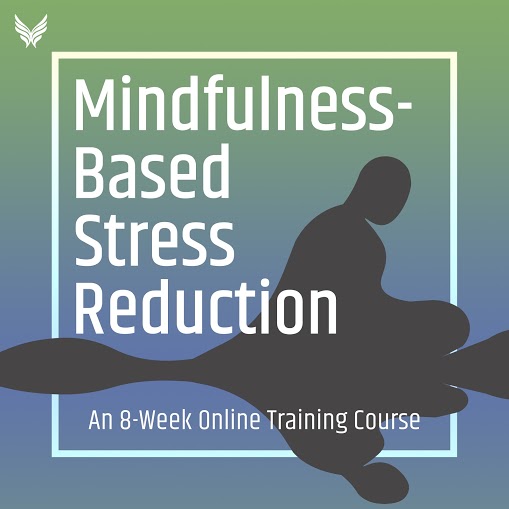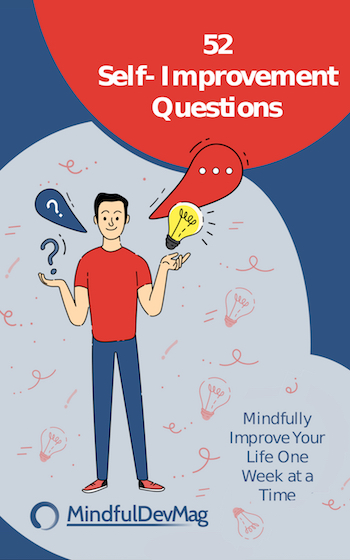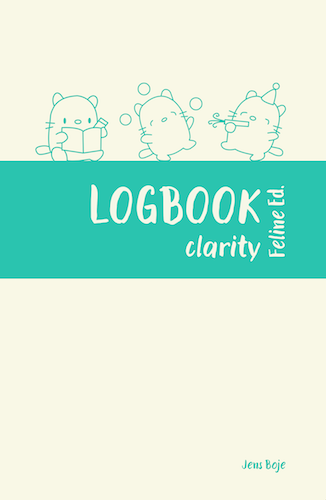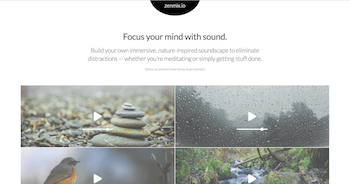Reconnect with Your Body’s Innate Intelligence
How Body and Mind Connects and Why it is Important to Know
The mind and the body are like parallel Universes. Anything that happens in the mental Universe must leave tracks in the physical one.”
Deepak Chopra
Do you remember your first date? Can you recollect the way your body and mind were reacting at that time? You would have tried your best to keep yourself calm and composed, but, unarguably, the experience would have been dimensionally opposite. You would have been nervous and extremely self-conscious that your muscles would have started tightening and your palms and feet would have turned sweaty. You might have even felt nauseous with your body turning cold. There would have butterflies flying in the stomach…
This is a simple example that illustrates how deeply your thoughts affect your body. In the same way, anything that affects your body leaves a deep impression on your mind as well.
Let me share such an incident from my life here. It happened to my friend. She had met with a major accident about a decade back. She was badly injured. Fractured arm and shoulder, dislocated knee and ankle, contusions, a broken nose, a fractured cheekbone – she felt totally disoriented! She was lost! In one moment, her life changed! Doctors told her she will never be able to walk again! She was in the hospital for a couple of weeks after which we brought her back home. One fine day, she mustered the courage to stand in front of the mirror to catch a glimpse of how she was looking. She was shattered… She had put on so much of weight… She was looking ‘hideous’!
She started feeling dizzy; her abdominal muscles started clenching! She was so angry… tears swelled up in her eyes… Yes, her mind was reacting to her physical trauma… It was equally traumatized! These two incidents show the powerful relationship our body and mind shares with each other. Anything that affects our body impacts our mind and vice versa.
Our body is a bundle of neurons, yet it has a life that is interrelated with the mind. And, the mind is not synonymous with the human brain. Our mind is a sack loaded up with thoughts, feelings, and emotions. It contains ingredients that do not have any shape, size, or form, but yet have a significant role to play in our daily life. We can say that it is our mind or its ingredients that determine how each and every moment of our life will be.
To put it precisely, it is our mind that decides whether we should be happy or sad or angry or smiling, at any given moment. We have the freedom to choose our thoughts and this decision is what makes the difference, irrespective of the biological and social circumstances, says William James in his book, Principles of Psychology.
According to James, the voluntary movements of our body are secondary in nature, the roots of which can be found in your memory. He argues that our memories learn and store the movements which we learned while we were infants and uses these in appropriate situations. He goes on tell that we, like others, are also spectators of our behaviors initially. But, our memory notices this and stores it. Later on, when a similar circumstance arises, memory gives us the free will to select this response from its trove. To put it in his words, freedom of will is “the freedom to attend to and act on one of a number of ideas that have come to us in a way that is beyond our conscious control.”
Happiness is one such conscious choice we make. It is among the multiple choices that our mind gives us. This world flows with the ever-changing, active current of confusions. Hence, it is entirely upon us to decide whether we should be happy.
Happiness, as James puts, involves “As-if” thinking. “If you want a quality, act as if you already have it,” said James.
And, one of the leading psychologists of the world, Richard Wiseman, confirms this principle in his book, “The As If Principle - The Radically New Approach to Changing Your Life”. According to Wiseman, we should “smile to become measurably happier” and “act like a newlywed to rekindle your marriage.”
The ‘As – if principle’ is pretty similar to the Law of Attraction. According to this law, “like attracts like.” Whatever we have at this moment in our life is something we have attracted through our thoughts. So, if we want to design our future, we have to act as if we already have the desired future in our hands. Bob Proctor, one of the protagonists of this Law, puts it in a very interesting way. “Thoughts become things. If you see it in your mind, you will see it in your hand.”
In the same manner, negative thoughts invite negative responses. And, since our body and mind are connected, our body turns rigid when we are stressed. The flux of negative emotions that sweeps us away, leaves its disastrous imprint on our body, leaving us physically and emotionally drained. Have you ever noticed that a gentle smile from our teammates makes bouldering a simple task? Have you noticed that a hug from your loved one when you are upset makes you feel better instantly?
In a study that appeared in PubMed in 2015, you can uplift your mood just by changing your posture. According to the study, “adopting an upright seated posture in the face of stress can maintain self-esteem, reduce negative mood, and increase positive mood compared to a slumped posture.”
Let us now experiment it with a simple exercise.
Exercise: Smile and be happy!
Smiling is simpler than you think. You just need 17 muscles to smile. So smiling is better, right? When stress gets you down, this exercise will help you break down stress and revive your energy levels instantly.
“Sometimes your joy is the source of your smile, but sometimes your smile can be the source of your joy,” goes the words of Thich Nhat Hanh. Now place your reader aside and practice this exercise for 2 minutes and feel the difference.
- Sit down comfortably in an upright way and relax your body.
- Take a few deep breaths.
- Close your eyes and just allow your body and mind to be as they are. Do not attempt to make any changes.
- Hold your face in a neutral position, relaxing your facial muscles, shoulders, and neck.
- Make an effort to smile. Hold the smile for a few seconds.
- It is okay if your mind is trying to distract you and it will, especially if you are anxious or stressed at this moment. Just bring your focus back to your smile.
- Repeat it a couple of times, making your effort as genuine as possible.
I am sure you will feel better and happier. Don’t worry if you are not able to smile genuinely. Faking a smile might still do wonders. Can you see how your body reflects your mind? You will feel that your muscles are feeling lighter and relaxed. You will feel as if a weight has been lifted away from your head.
Such is the powerful connection between our body and our mind. In order to understand this connection, we have to regain our control over our mind. And, for that, we need some tools… Breath is one of the best tools you can utilize to understand this body-mind connection in order to design a life filled with happiness, joy, and peace.
And, that is what precisely we talk about next time.
[htr]

